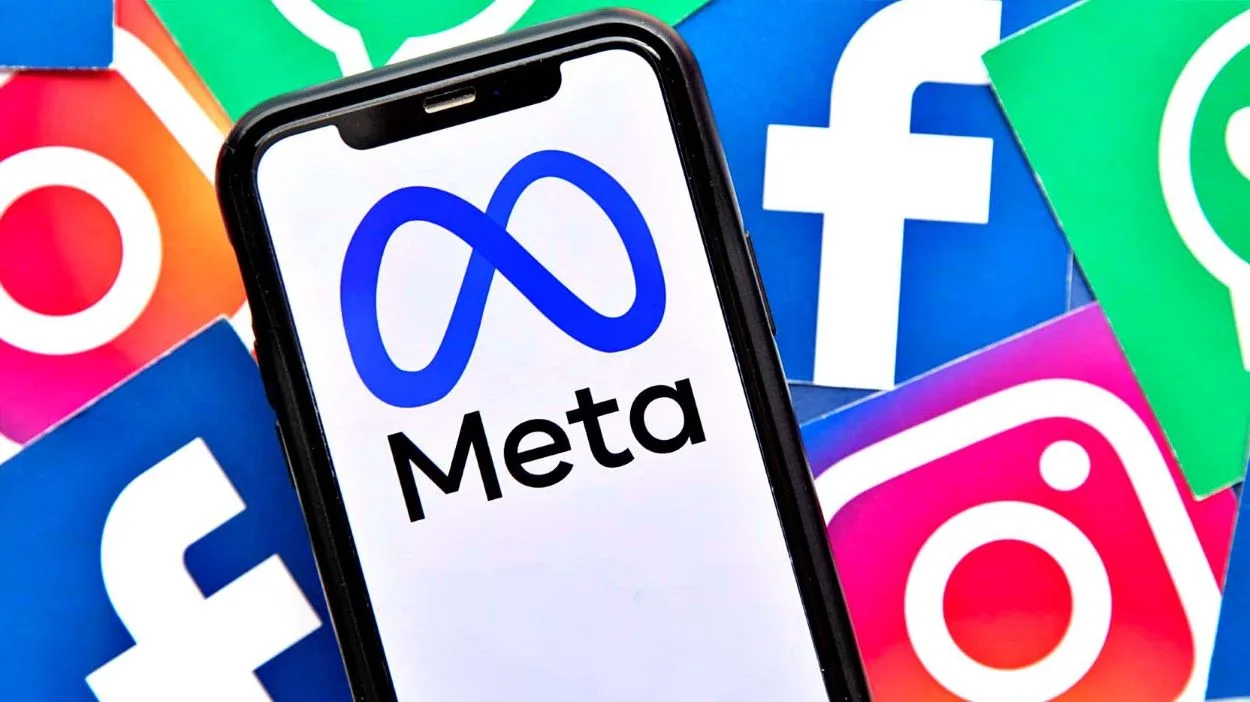Meta, the internet giant, uses a fact-checking program to combat misinformation on its platforms, such as Facebook, Instagram, and Threads.
The initiative relies on media organizations like AFP and USA Today as well as specialist sites like Lead Stories and PolitiFact. Since 2016, these partners, certified by the International Fact-Checking Network, ensure that content adheres to editorial quality and independence standards.
Following Meta chief Mark Zuckerberg’s January 6 announcement, the U.S. program will transition from media-based fact-checking to user-generated “community notes,” similar to those on X, formerly Twitter.
🇧🇷📱⚖️ Brazil Demands Meta Explain Fact-Checking Policy Changes Amid Concerns Over Content Regulation
Tickers of Interest: $META, $BRL
Full Story → https://t.co/wg66FcZWKM pic.twitter.com/wIyEIqglfc
— PiQ (@PiQSuite) January 10, 2025Meta’s Fact-Checking Process
Fact-checkers, such as the 150 employed by AFP, scrutinize claims in 26 languages, clarifying inaccuracies and providing accurate information. They begin by identifying widely circulating, potentially harmful, misleading claims. These professionals verify facts by gathering concrete, transparently sourced evidence, not opinions or beliefs. They document their investigative steps and, where possible, provide weblinks to sources, publishing their findings on their websites, like AFP’s factcheck.afp.com.
Woah. 😲
Zuck going full anti-censorship, following Elon and X's lead 😤
Based Zuck arc and vibe shift complete ✅🔥 pic.twitter.com/bsC7LrYL0n
— Beff – e/acc (@BasedBeffJezos) January 7, 2025Meta’s Utilization of Fact-Checks
When fact-checks are ready, media partners input the web address of their article into a Meta interface, linking the fact-check to the relevant social media post. This association reduces the post’s visibility and tags it with labels like “false” or “misleading.” The original post remains accessible, but a link to the fact-check appears below it, directing users to verified information. If a post’s author corrects the misinformation, Meta removes the rating and lifts the visibility restrictions.
BREAKING: Mark Zuckerberg admits 𝕏 is better at fact-checking as compared to Meta, praising the Community Notes feature. pic.twitter.com/NJKgy3gU4k
— DogeDesigner (@cb_doge) January 10, 2025Read: Elon Musk Applauds Meta’s Decision to End Fact-Checking in the US
Meta compensates media organizations for articles linked to misleading posts on its platforms. While these organizations may address any topic, Meta funds only those linked to specific platform posts. Notably, Meta does not rate or attach fact-checks to posts by political figures, nor does it pay for fact-checks about such posts, even though media organizations like AFP may still cover them. Fact-checkers differ from Meta’s content moderators, who remove posts violating platform rules, such as those containing hate speech or inciting violence.






